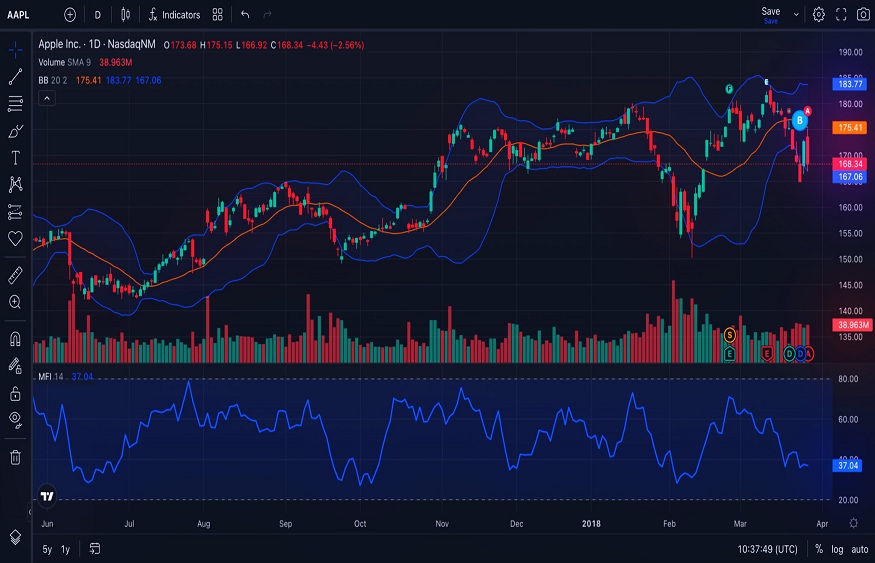Financial planning requires a strategic balance between maximizing returns and minimizing tax liabilities. Nifty 50 stocks, representing the 50 largest and most well-established companies in India, offer the potential for capital appreciation. However, dividends and capital gains from directly investing in Nifty 50 stocks can be subject to taxation. Here’s where Equity Linked Savings Schemes (ELSS) come in, offering a compelling alternative that combines the growth potential of Nifty 50 companies with attractive tax benefits.
Capital Appreciation and Long-Term Growth:
Investing directly in Nifty 50 stocks allows you to participate in the growth potential of India’s leading companies. These companies have a proven track record, established market positions, and the resources to weather economic fluctuations. By holding Nifty 50 stocks for the long term, you can potentially benefit from capital appreciation as these companies grow and their stock prices rise. However, remember that stock markets are inherently volatile, and past performance is not necessarily indicative of future results.
Tax Implications of Direct Stock Investment:
Profits earned from investing in Nifty 50 stocks are subject to capital gains tax. Short-term capital gains, on stocks held for less than a year, are taxed at a higher rate compared to long-term capital gains, on stocks held for more than a year. Additionally, dividends received from Nifty 50 companies are also subject to taxation. These tax implications can erode your overall returns, impacting your long-term financial goals.
ELSS: Tax-Saving Investment with Growth Potential:
ELSS, a type of Mutual Fund scheme, offers a unique solution. These schemes invest a significant portion of their assets in equity stocks, including those of companies within the Nifty 50. By investing in ELSS, you gain exposure to the growth potential of these leading companies while benefiting from attractive tax advantages.
Tax Benefits of ELSS Investment:
ELSS investments qualify for tax deductions under Section 80C of the Income Tax Act. Up to ₹1.5 lakh invested in ELSS per financial year can be deducted from your taxable income, potentially reducing your tax liability significantly. Additionally, long-term capital gains on ELSS investments held for more than one year are taxed at a lower rate compared to direct stock investments. This can significantly enhance your overall returns compared to directly investing in Nifty 50 stocks.
Diversification and Professional Management:
ELSS offers an additional advantage – diversification. Unlike directly investing in a handful of Nifty 50 stocks, ELSS funds spread your investment across a broader portfolio of equities, mitigating risk. Furthermore, ELSS schemes are managed by experienced fund managers who actively research and select stocks, potentially leading to superior returns compared to what you might achieve by directly picking individual Nifty 50 stocks.
Conclusion
Nifty 50 stocks and ELSS investments offer distinct advantages for investors seeking growth and tax benefits. Directly investing in Nifty 50 stocks allows you to capitalize on the potential of leading companies, but tax implications can eat into your returns. ELSS offers a compelling alternative, combining exposure to Nifty 50 companies with attractive tax benefits and professional management. By carefully considering your investment goals and risk tolerance, you can choose the investment approach that best aligns with your financial needs, allowing you to build wealth and achieve your long-term financial aspirations.



